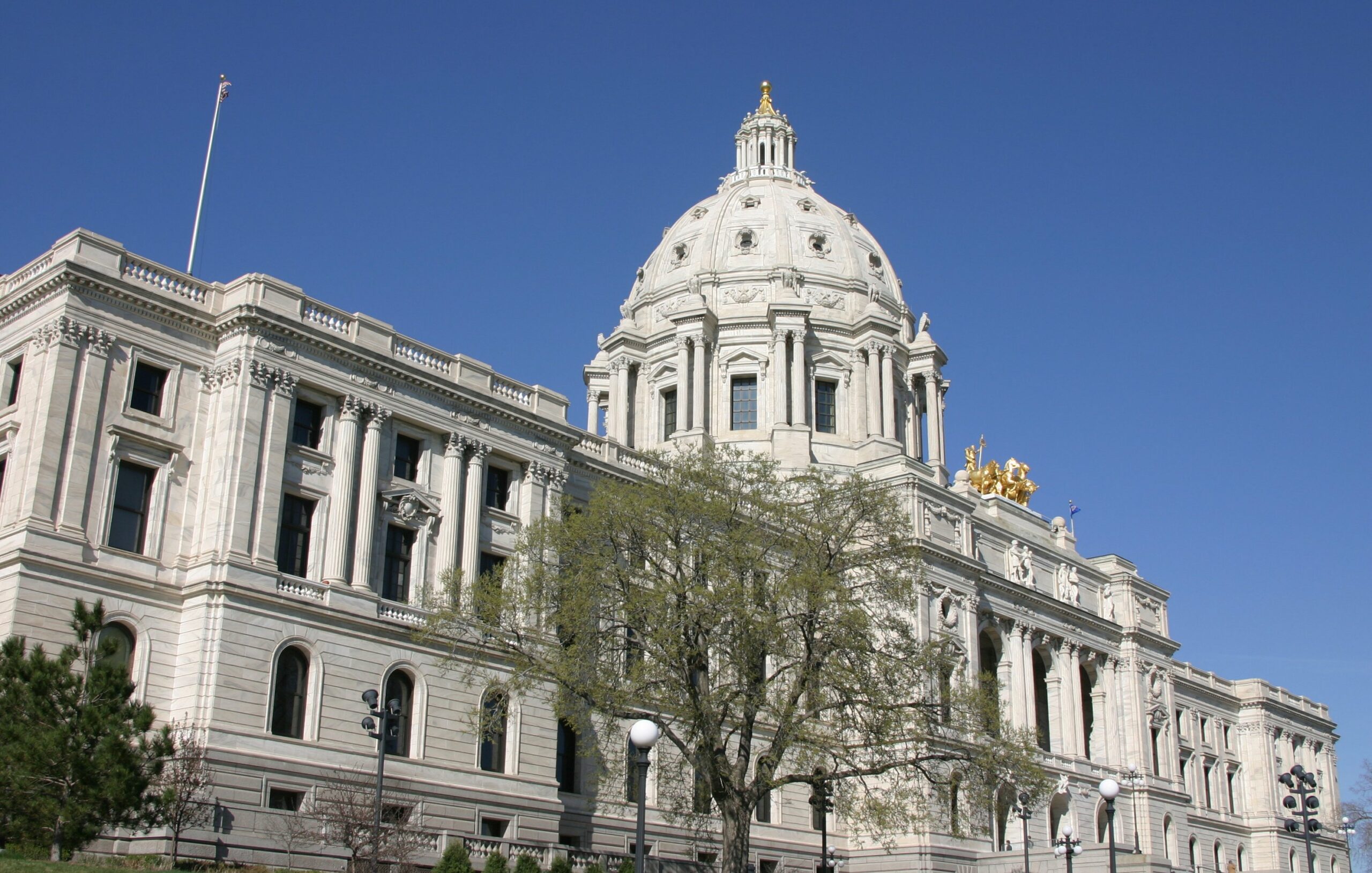

Share
In his victory speech on Saturday, President-elect Joe Biden offered a tone of national healing and bipartisanship. In Minnesota, one state lawmaker hopes for the same, although it is likely the only split Legislature in the country is going to stay that way.
Despite some possible recounts, the GOP is expected to maintain a slim majority in the state Senate, with the DFL again controlling the House. In that chamber, the People of Color and Indigenous Caucus has a growing influence.
Caucus member Samantha Vang, DFL representative from Brooklyn Center, said it reflects the increasingly diverse population in the state. And she hopes no members of the community are overlooked if there’s more stalemate.
“Don’t forget that Black and Brown communities have been historically marginalized,” Vang said. “And as our Legislature becomes more diverse, we are pushing an equity lens that makes sure that we don’t leave anyone behind.”
Vang cited recent examples of legislators coming together, including on a police reform bill, quick response efforts when the pandemic began, and a bonding package.
However, the House and Senate were divided over whether Gov. Tim Walz should maintain peacetime emergency powers during the pandemic crisis. Republicans say it has led to unchecked decisions.
Vang, who’s just been elected to her second term, said she’s learned about the need for compromise, having started her political career in a divided Legislature. But she knows the divisions might also make it harder for her to help advance bills she strongly supports.
“Legislation that I was excited for, like drivers’ licenses for all. You know, it allows people, regardless of their status, to get a driver’s license. That wish list of getting that legislation through has become harder,” she said.
Despite the gridlock, new research from Minnesota Compass says all parts of the state face similar challenges, including the need for affordable housing. Lawmakers will be asked to tackle these issues next session, while facing a projected $4.7 billion budget deficit.

